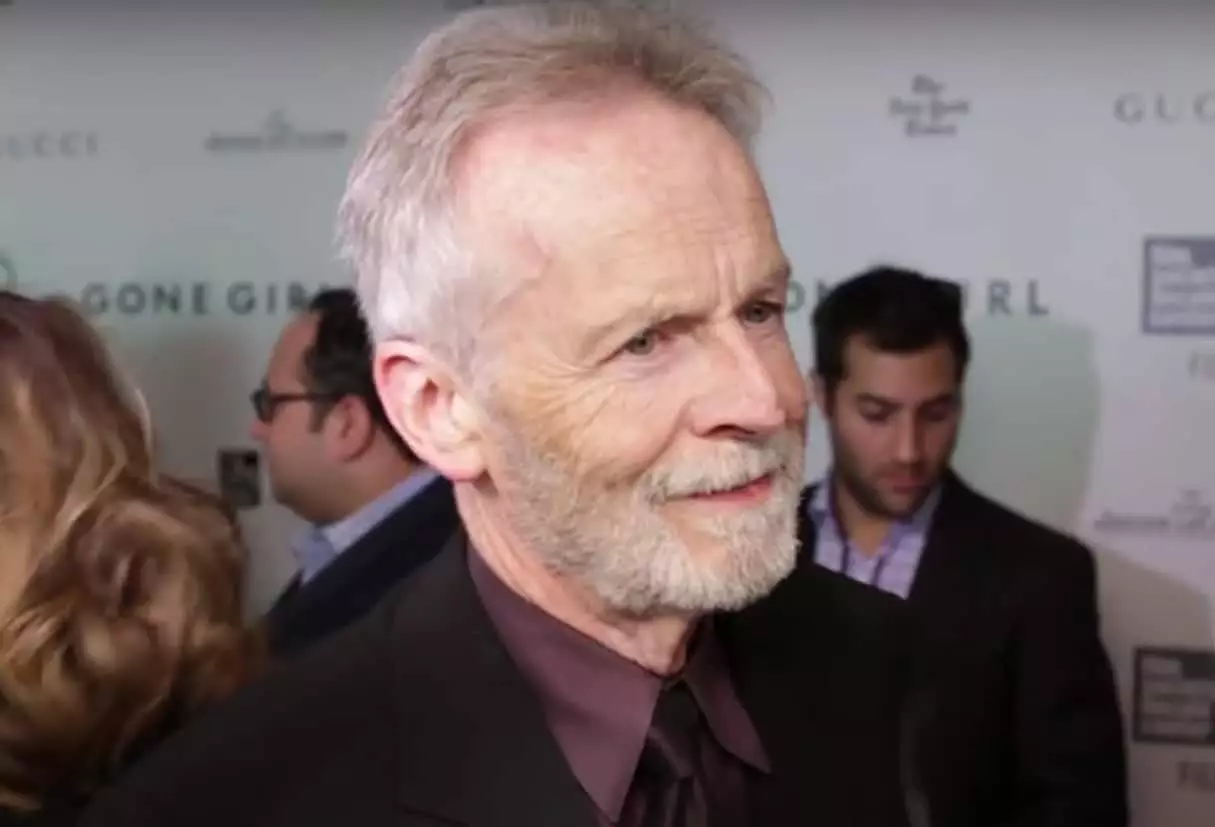At a recent cinematic convention, esteemed actor David Clennon, notable for roles in films such as “The Thing,” “Gone Girl,” and “The Right Stuff,” shared his thoughts about the legendary Muhammad Ali. Now at 81 years old, Clennon has lived through a significant slice of cultural history, and his insights offer a unique perspective on how Ali’s life and activism influenced not just sports, but the socio-political landscape of the era. His participation in the film “The Greatest,” where Ali plays himself in a dramatized retelling of his life, gives credence to his reflections.
Clennon recalls that being cast alongside Muhammad Ali was not merely a professional milestone; it was deeply personal. “Oh, it was special,” he reflects, noting that Ali had been one of his heroes for a long time. In an era marked by upheaval, Clennon’s identification as a “draft dodger” aligned him with Ali’s controversial stance against the Vietnam War. “Ali had a lot more to lose,” Clennon emphasizes, instilling the moment with gravity. He acknowledges the palpable injustice of the Vietnam conflict and credits Ali for giving voice to a generation.
Ali’s refusal to be drafted embodied defiance against societal norms. Clennon states that Ali’s actions empowered others during a time of escalation and dissent. The heavyweight champion’s public stance was not just about sports, but etched in the broader narrative of civil rights and personal conviction. Clennon concludes, “Ali’s stand gave us that much more strength and voice. Everyone took notice now.” Through Ali, many young people found affirmation in their struggles and uncertainties amidst a turbulent political climate.
Despite the high-pressure environment of film production, Clennon describes Ali as approachable and devoid of the ego often associated with prominent figures. “He hung out with us; he ate with us. Ali was, like I say, a special person,” Clennon reminisces. The camaraderie on set deepened the actor’s understanding of Ali, who seemed unfazed by the sacrifices he made for his principles. He recounts that Ali, having lost nearly four years of his boxing career, maintained an optimistic demeanor, constantly ready to joke and share moments of joy.
Clennon reflects on how Ali embraced the filmmaking experience with a unique excitement. It was not just a role for him; it was the storytelling of his own life. The joy derived from Ali’s presence on set contributed to the film’s legacy and captured a depiction of a man who was both a global sports hero and an indomitable spirit in the face of adversity.
The question inevitably arises regarding the performance of “The Greatest” within the pantheon of films centered on Ali. Clennon passionately asserts, “I may be biased, but I think the movie we did in the 1970s is the best Ali film.” While acknowledging Will Smith’s remarkable portrayal in the 2001 film “Ali,” Clennon emphasizes the authenticity of capturing Ali himself in “The Greatest.” The film boasted a star-studded supporting cast, including film legends Ernest Borgnine and Robert Duvall, enhancing its artistic stature.
Clennon’s assertion invites an analysis of how authenticity in storytelling affects legacy. The presence of Ali, in his own narrative, presents a unique opportunity to gauge his life journey as it unfolds, allowing viewers to bridge the gap between the public persona and the individual struggles he undertook. Clennon’s reference to the film not just as a biography but as a pivotal cultural artifact speaks volumes about the enduring impact of Ali’s actions and the stories that surround them.
In closing, Clennon captures the essence of Muhammad Ali, reminding us that he was more than a boxing champion; he was a monumental figure whose influence transcended the ring. “Who doesn’t like a big fight?” Clennon quips, acknowledging Ali’s ability to capture the attention of both boxing aficionados and the general public alike. As a remarkable athlete and a courageous figure, Ali remains a symbol of strength, resilience, and activism, reminding us that great figures can emerge from any sphere and inspire countless lives.

